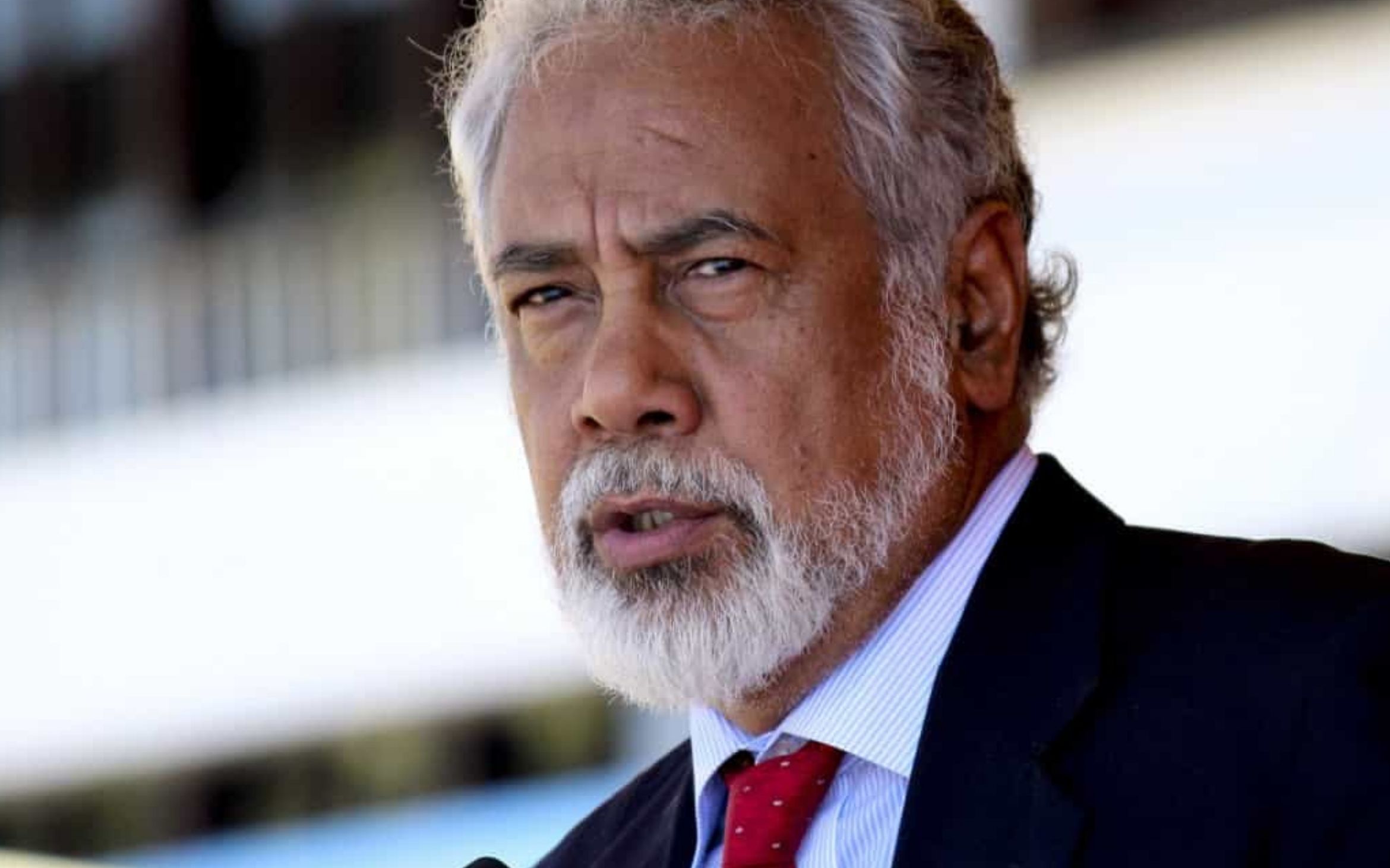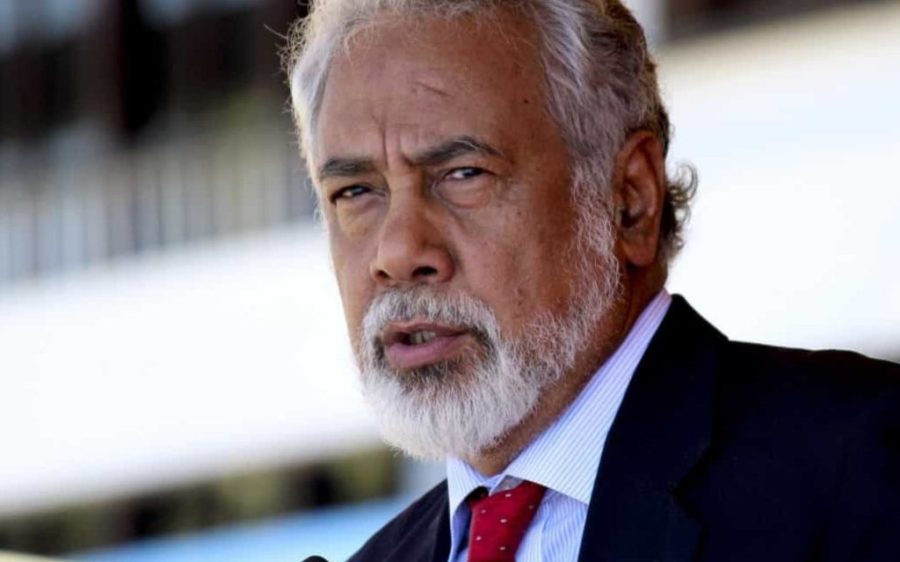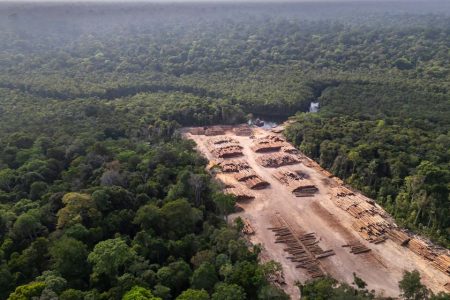Timorese Prime Minister Xanana Gusmão has doubled down on processing liquified natural gas (LNG) from the Greater Sunrise field in the country ahead of a new agreement with the Australian operator, reports the Portuguese news agency Lusa.
“The government’s position on Greater Sunrise has always been clear. Natural gas from Greater Sunrise must be processed onshore in Timor-Leste,” Gusmão told attendees of the 5th Timor-Leste Energy, Mining and Business Forum on Monday.
He insisted that onshore processing would allow Timor-Leste to avoid the “resource-curse” by keeping more of the value generated by Greater Sunrise in the country, creating jobs and contributing to national development.
On Tuesday, the Timorese government and operator Woodside Energy agreed to study sending gas from the Greater Sunrise fields to a new liquified natural gas plant in Timor-Leste.
The plan calls for the two sides to study the commercial and technical viability of a 5-million-metric-ton project, with a high-level plan to start producing LNG as early as 2032–2035, according to a joint statement issued by Woodside Energy and Timor-Leste’s Ministry of Petroleum and Mineral Resources. It marks the first time the two have outlined a potential start-up date for the project.
[See more: Timor-Leste’s new budget aims to ‘transform the economy’ with targeted investments]
Woodside CEO Meg O’Neill said the agreement would address remaining issues such as a downstream commercial structure to attract financing and to better understand “the preferred route of the gas export pipeline.”
Both Timor-Leste and Woodside have long preferred that the pipeline go to their respective sides. The distance to Timor-Leste is far shorter – 150 kilometres instead of 450 – but crosses the deep Timor Trough and the young nation lacks the existing facilities found in Darwin.
A conceptual study conducted last year confirmed the feasibility of processing in Timor-Leste, noting the option would present the best returns to the development consortium – state-owned Timor Gap (56.56%), Woodside Energy (33.44%) and Japan’s Osaka Gas (10%). The lower operating costs in the country, the government said at the time, would enable better overall returns for Timor-Leste and “better direct upstream returns to Australia”.
The permanent maritime border agreement signed by the two countries in 2018 stipulates that the division of revenue from Greater Sunrise, with Timor-Leste receiving 70 percent if the pipeline goes to it and 80 percent if it goes to Darwin.






